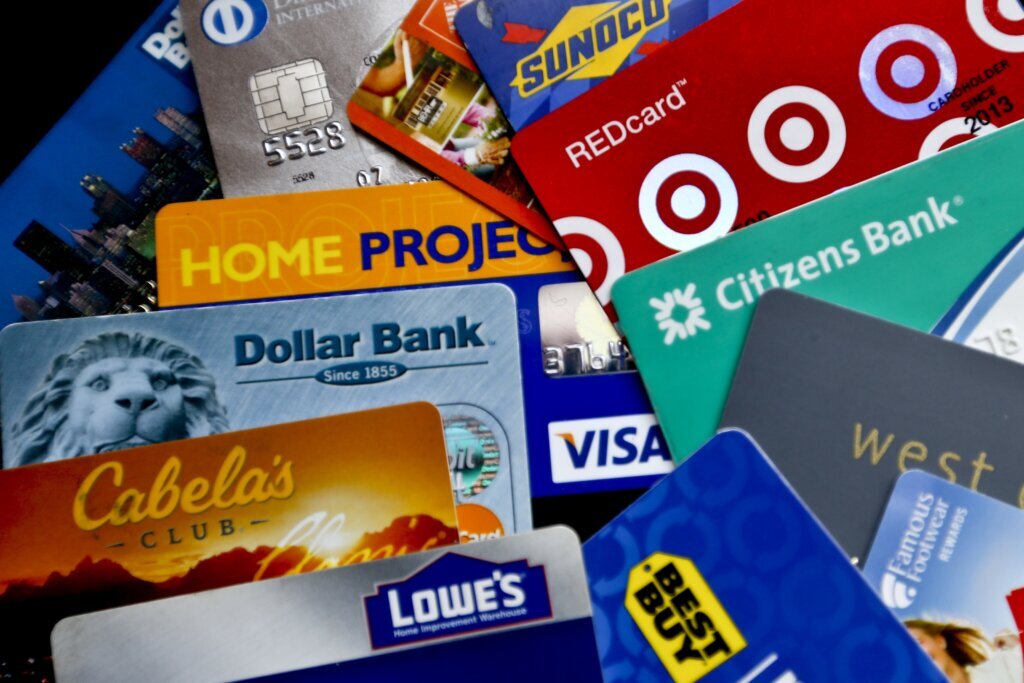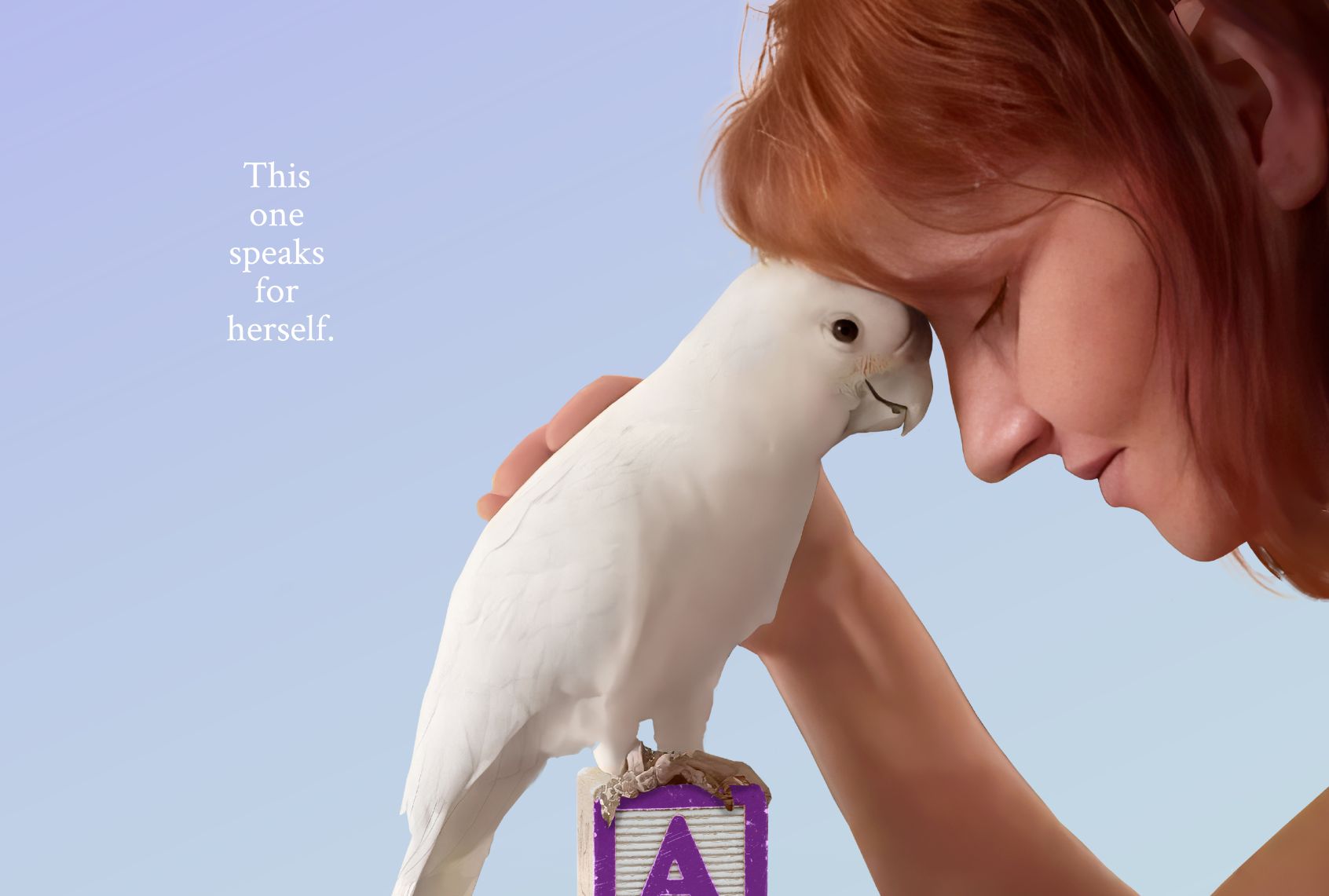If you own a rewards card for a department store or coffee shop, you might not be getting as many deals and freebies as you think.
Retail loyalty cards that offer points, promotions, and freebies—from stores such as Starbucks, Best Buy, or GameStop—can actually track your spending habits and find ways to charge you more. This insight comes from a recent investigation by Washington Post reporter Geoffrey Fowler.
Using California’s consumer privacy law, which allows consumers to access their data from companies and request that their information be deleted or not sold, Fowler examined the information Starbucks had on him from his loyalty card.
Fowler told WTOP that the data request revealed the coffee giant had detailed information on all of his purchases and where he made them. Essentially, Starbucks was building a dossier of his spending habits and creating a profile of him.
“Starbucks was trying to start a dossier on me and size me up, and ultimately figure out how much I would pay,” Fowler said.
The data even included how often he opened the Starbucks app. “It said one day last March, I tapped on the app more than 90 times,” he shared.
Fowler also discovered that Starbucks was selling his information to data brokers. Despite his frequent spending at Starbucks, he found that he was rewarded less.
“They call it personalized discounts. You might call it personalized ‘jacked up prices,’” he explained.
This practice is known as “surveillance pricing.” Companies analyze what you are willing to pay and charge you exactly that. Interestingly, customers who use a company’s loyalty card or app less often are targeted with more deals to entice them back.
“The opposite of what you thought was supposed to happen with a reward card was happening,” Fowler said.
Stay informed with breaking news and daily headlines delivered straight to your inbox by signing up here.
© 2025 WTOP. This website is not intended for users located within the European Economic Area.
https://wtop.com/consumer-news/2025/10/got-a-store-rewards-card-it-might-not-be-that-rewarding/



